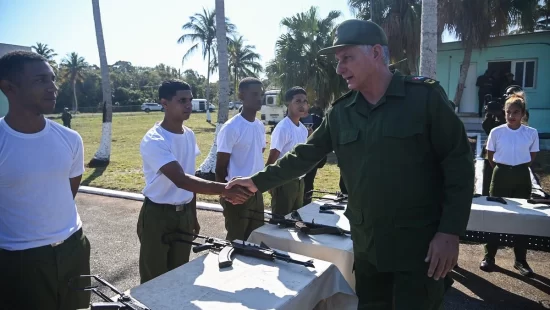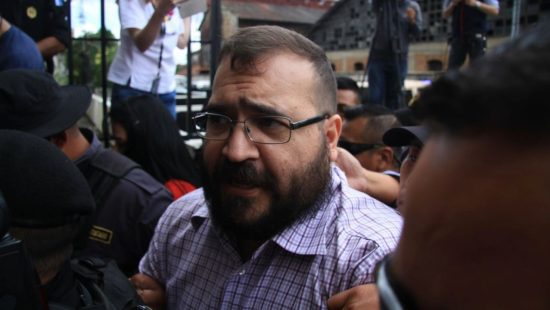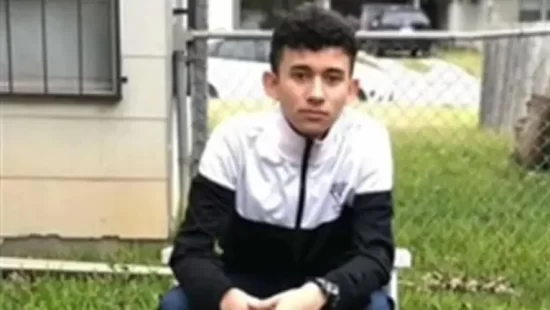Trump’s escalation of aggressive military actions against Latin America is part of a larger policy which aims to re-establish imperialist dominance in the Americas.
This operation comes after Donald Trump secretly signed an order last week directing the Pentagon to use the armed forces in the supposed “fight against drug cartels” in countries where groups declared “terrorist” exist, such as in Mexico, Haiti, El Salvador, and Venezuela.
The operation was confirmed by Secretary of State and National Security Advisor, Marco Rubio. This opens the door to armed interventions — seen in the case of Haiti — and once again places Venezuela at the center of accusations — and military aggression or coup threats. We are witnessing a major demonstration of military force, where behind the policy of supposedly combating drug trafficking lies the advance of US troops as a regional police force.
More than 30 humanitarian, public interest, immigrant rights, faith-based, veterans’ advocacy, and drug policy reform groups are calling on Congress to oppose the use of military force against drug cartels in Latin America by the Trump administration.
Melding two failed American wars — the war on drugs and the war on terror — would “put people at risk of violence and destabilize hemispheric relations while hindering, not helping, efforts to protect communities from drug trafficking and other crime,” according to the organizations, which include the Alianza Americas, Center for Civilians in Conflict, Drug Policy Alliance, Public Citizen, and Win Without War.
President Donald Trump has secretly signed a directive to the Pentagon to begin using military force against select Latin American drug cartels that his administration has deemed terrorist organizations, according to an Intercept interview with a U.S. official who was not authorized to speak to the media. The authorization was first reported by the New York Times.
The decision to involve the American military in what has previously been considered a law enforcement effort comes as Trump has increasingly turned to U.S. troops for law enforcement purposes on American soil and taken over the D.C. police. These efforts are seen as dangerous escalations of the use of military force and violations of long-held norms.
The letter, sent to top congressional leaders on Friday, urges lawmakers “to use the full slate of its powers to prevent the administration from launching a new war in Latin America without democratic debate or public accountability” by “organiz[ing] hearings to assess the scope of the administration’s envisioned use-of-force policy and its likely diplomatic, economic, and human impacts” and “withhold[ing] funding for unauthorized, undebated, and unaccountable military action.”
In January, the State Department declared eight Mexican drug cartels — the Sinaloa cartel, CJNG, the Northeast cartel, the Michoacán family, the United Cartels, and the Gulf Cartel — to be foreign terrorist organizations. The Salvadoran MS-13 and the Venezuelan Tren de Aragua gang were also named. That designation activates U.S. sanctions, including restrictions on financial transactions and bans on U.S. citizens from providing support to the groups.
That same month, Trump mused that he might send U.S. commandos into Mexico to battle cartels. “Could happen,” he said. “Stranger things have happened.”
Defense Secretary Pete Hegseth also threatened military action on Mexican soil. And a Justice Department guidance document urged employees to work toward the “total elimination of cartels.”








